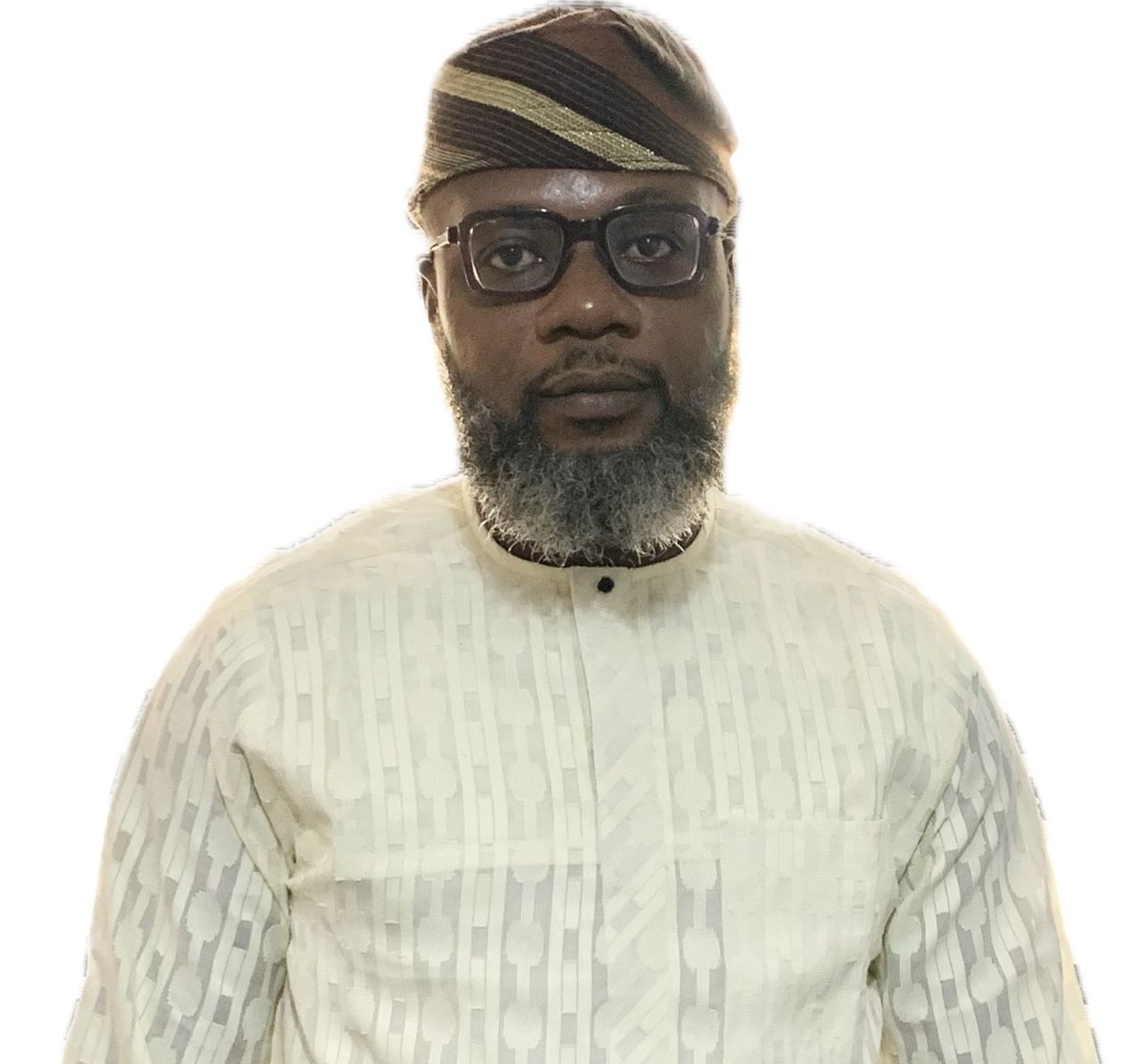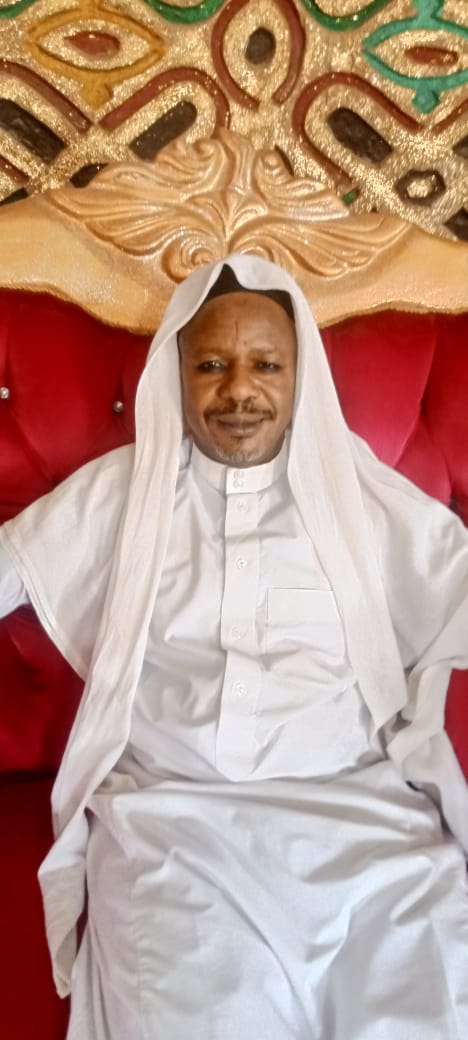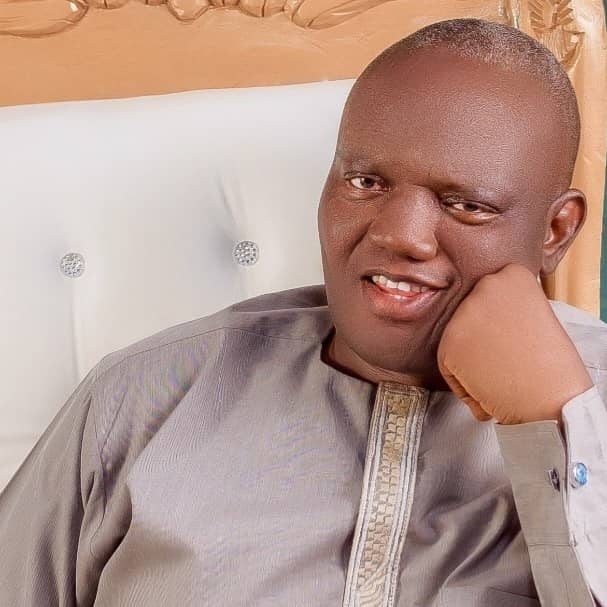NNAMDI KANU: THE LONG ROAD TO JUSTICE By Olaitan Adesina

NNAMDI KANU: THE LONG ROAD TO JUSTICE
By Olaitan Adesina

There are few things slower than the Nigerian justice system. Monday morning traffic on Third Mainland Bridge tries its best, and your local DISCO’s voltage supply also makes a respectable effort, but nothing truly competes with the majestic crawl of our courts when handling politically sensitive cases. Which is why the final conviction and sentencing of Nnamdi Kanu feels like the closing of a chapter that had been dragging on like a tired Nollywood movie that refused to read the room.

Still, slow or not, justice has landed. And it landed with enough weight to remind everyone that the law may wobble, it may stagger, but once in a while it remembers its gym membership and flexes. For that uncommon display of judicial spine, the presiding judge deserves full credit. In a country where pressure, noise, threats, and emotional blackmail often try to drown the gavel, Hon. Justice James Omotosho stood firm, unmoved by the deafening orchestra of sentiment and political choreography swirling around the case.
You have to respect that kind of backbone. Nigerian judges sometimes behave like they have two careers, one in law and the other in gymnastics, bending and twisting to accommodate power, fear, or convenience. But here we saw clarity, courage, and commitment to principle. The facts were weighed. The evidence was tested. The law was applied. No drama, no theatrics, no looking over the shoulder to appease political patrons or ethnic cheerleaders. Just justice, straight and neat.
Yet even as we celebrate this moment of clarity, we cannot pretend the road to this point was acceptable. The delay was embarrassing. Cases of this magnitude should not take this long to resolve. Years dragged by while motions multiplied like potholes in the rainy season. Adjournments blossomed with the enthusiasm of a political rally. Arguments stretched, hearings stalled, and somewhere in the middle of it all, Nigerians lost track of what stage the case was even in.

If justice delayed is justice denied, then our system owes Nigerians a written apology. We cannot build a nation where criminal matters, especially those involving violence, terrorism, or national security, take so long that the public begins to wonder whether the judiciary is processing cases or marinating them for flavor. Something has to give. We need simpler processes, firmer timelines, better-resourced courts, and judges who are protected enough to work without fear or interference. The system should not have to rely on a few courageous individuals; it should be designed to deliver justice consistently, swiftly, and transparently.
Now that judgment has been served, the next logical step is simple: Nnamdi Kanu must serve his sentence. Completely. Comfortably if he qualifies, but fully nonetheless. Not because vengeance is sweet, but because deterrence is necessary. A country that shrugs at violent agitation is a country that will one day require scuba gear to navigate the flood of impunity. Actions have consequences. Agitations that turn violent have even greater consequences.
This is where many people suddenly develop selective outrage. Some argue that prison time will only make him a martyr. Others insist that political solutions are more elegant. A different crowd blames the government for everything, including the sun rising in the East. But the law is not a charity organisation. It is not designed to run a customer satisfaction desk. It deals with conduct, evidence, and consequences. If someone has been found guilty after a full trial, then the next step is incarceration, not negotiation.
That said, Nigeria must avoid the appearance of selective justice. You cannot pursue one set of offenders with the energy of a Usain Bolt and treat others with the gentleness reserved for newborns. If we are going to fight terrorism, then let us fight all of it. Every region has its own manufacturers of chaos. If some in the South East have turned agitation into bloodshed, some in the North have turned banditry, kidnapping, and mass murder into a cottage industry. And there are facilitators, financiers, informants, and collaborators scattered across states.
Justice must reach them too.
Every individual who aided or abetted violent crime should be rounded up and made to face trial. Not as a political balancing act, but as a national necessity. When people see that the law treats all offenders equally, it strengthens trust, reduces ethnic suspicion, and reinforces the idea that Nigeria belongs to every citizen, not just the loudest or the most defended.
Selective justice is the fastest route to political conspiracy theories, regional bitterness, and accusations that the government is simply pursuing personal vendettas under the disguise of national security. To avoid all that, the security agencies must widen their net. If you supplied weapons, you must face trial. If you provided safe houses, you must explain. If you funded operations, you must answer questions. If you are hiding behind big grammar or traditional titles, drop both at the door and step forward.
Nigeria is not lacking in criminals. What it lacks is equal-opportunity justice.
Some will argue that peace requires negotiation. True. But peace built on impunity collapses like a house built with spittle. You cannot pacify those who don’t fear consequences. If anything, enforcing the law is itself a form of peace building. When people understand that criminal behavior, no matter the propaganda that wraps it, will be met with iron discipline, they think twice.
And yes, while at it, we must reform the justice system that handled this case. Nigeria cannot continue like this. Speed and fairness must become standard, not miracles. Our judicial infrastructure needs overhaul. Our courts need more judges, better funding, digital tools, and far fewer bottlenecks. There should be timelines that cannot be stretched by legal acrobatics. Witness protection must be improved. Courts must not become arenas where powerful defendants play hide and seek with the state.
The judiciary is one of the last sacred institutions we have. Yet we starve it, stretch it, and overwhelm it with the kind of stress that would send ordinary mortals fleeing into quiet retirement. We want it to produce justice while feeding it scraps. With such conditions, it is a wonder anything gets done at all. But when a judge rises above the dysfunction and delivers a firm, fearless judgment, we owe them applause and the system a serious repair job.
The conviction of Nnamdi Kanu should mark not just the end of one man’s long dance with the justice system, but the beginning of a national rethink. How do we ensure that future cases do not take this long? How do we guarantee consistency? How do we build a system strong enough to try the powerful without fear and convict the guilty without hesitation? How do we create a judiciary that delivers not only on paper, but in time and in truth?
The answers are simple. Political will. Institutional reforms. Equal application of the law. And a justice system that does not tremble when it encounters loud defendants or delicate national sensitivities.
Kanu’s conviction is a reminder that Nigeria can still work when the institutions choose to function. It is also a reminder that the law is not a toy, a tribal mascot, or a bargaining chip. It is the backbone of the state. And when that backbone straightens, even briefly, the entire nation stands taller.
Now that the court has spoken, the next steps must be equally bold. Let him serve his sentence. Let others who collaborated with violence face trial. Let the bandits, terrorists, kidnappers, and their sponsors across all regions feel the weight of the state. Let justice be consistent enough to silence accusations of selective punishment.
It is only then that this judgment will truly mean something. Not just a victory for the judiciary, but a step toward a more secure, more equal, and more functional Nigeria. A Nigeria where nobody is above the law, and the law is not controlled by noise or nuisance.
This is a moment for sober reflection, institutional reform, equal justice, and national courage. The court has done its part. Now the country must do the rest.
Olaitan Adesina is a poet, writer and social commentator. He writes from Akure, Ondo State.



